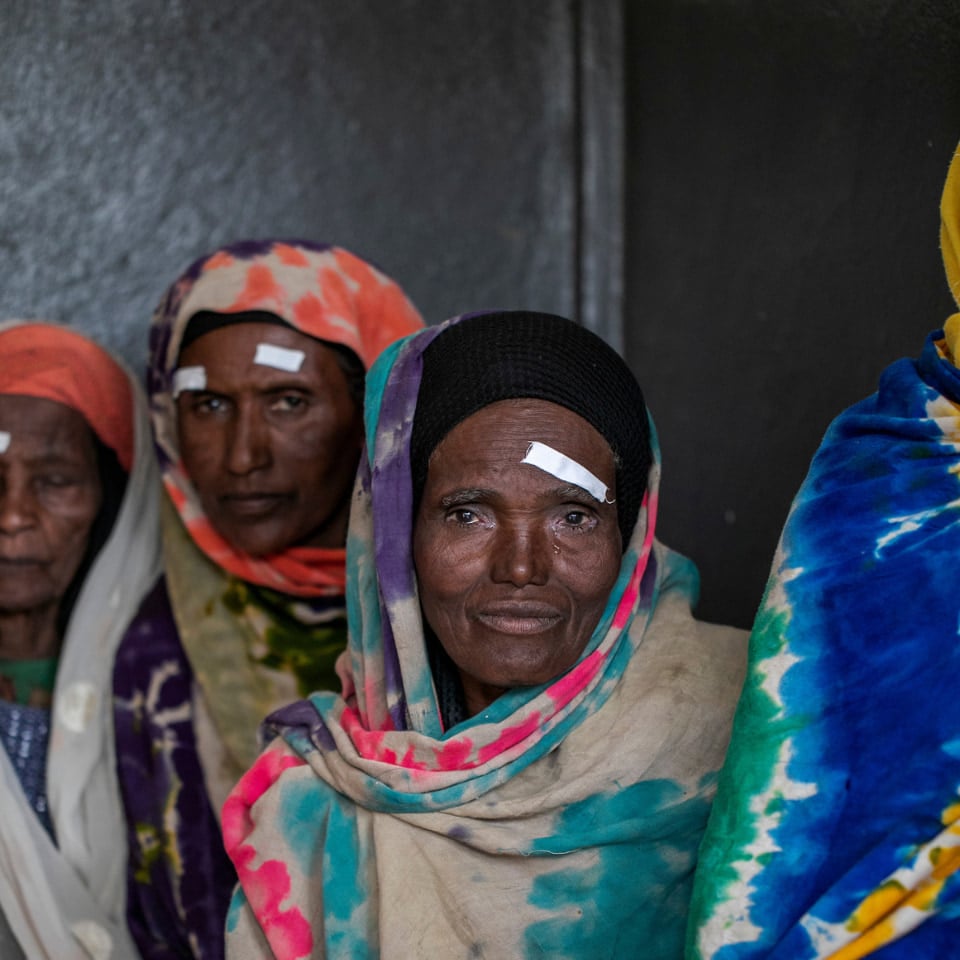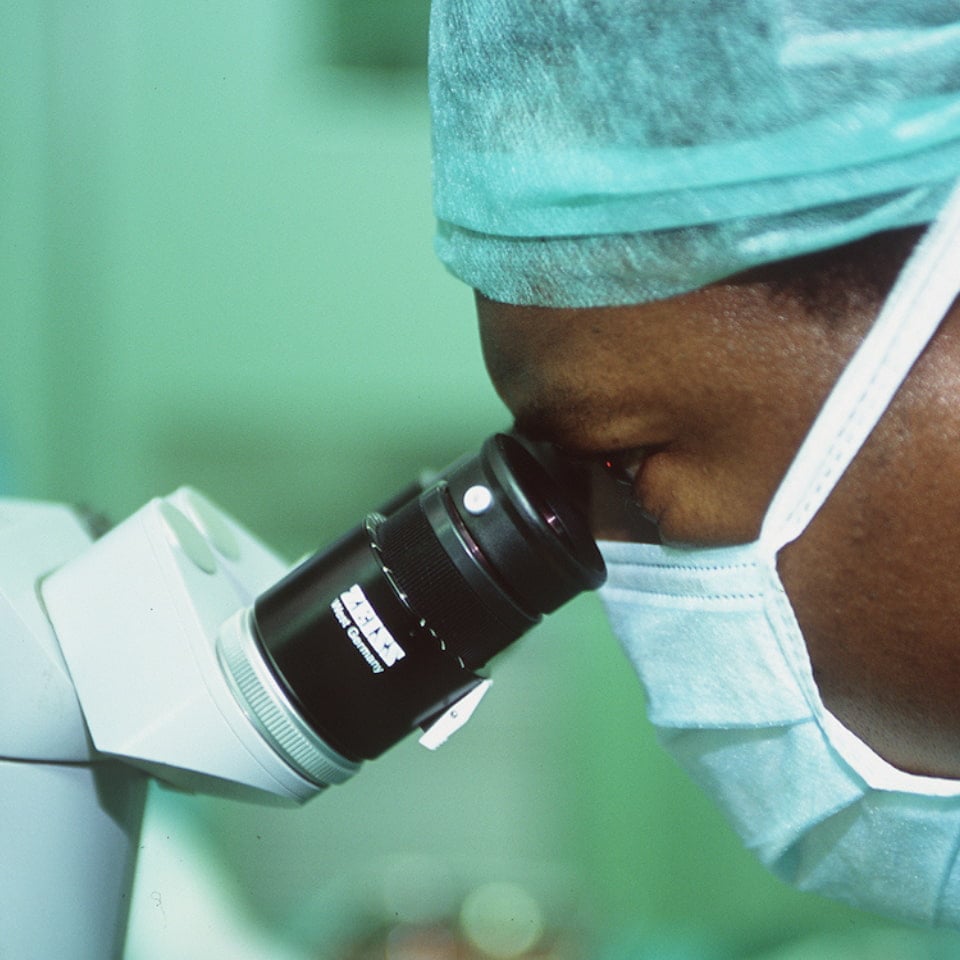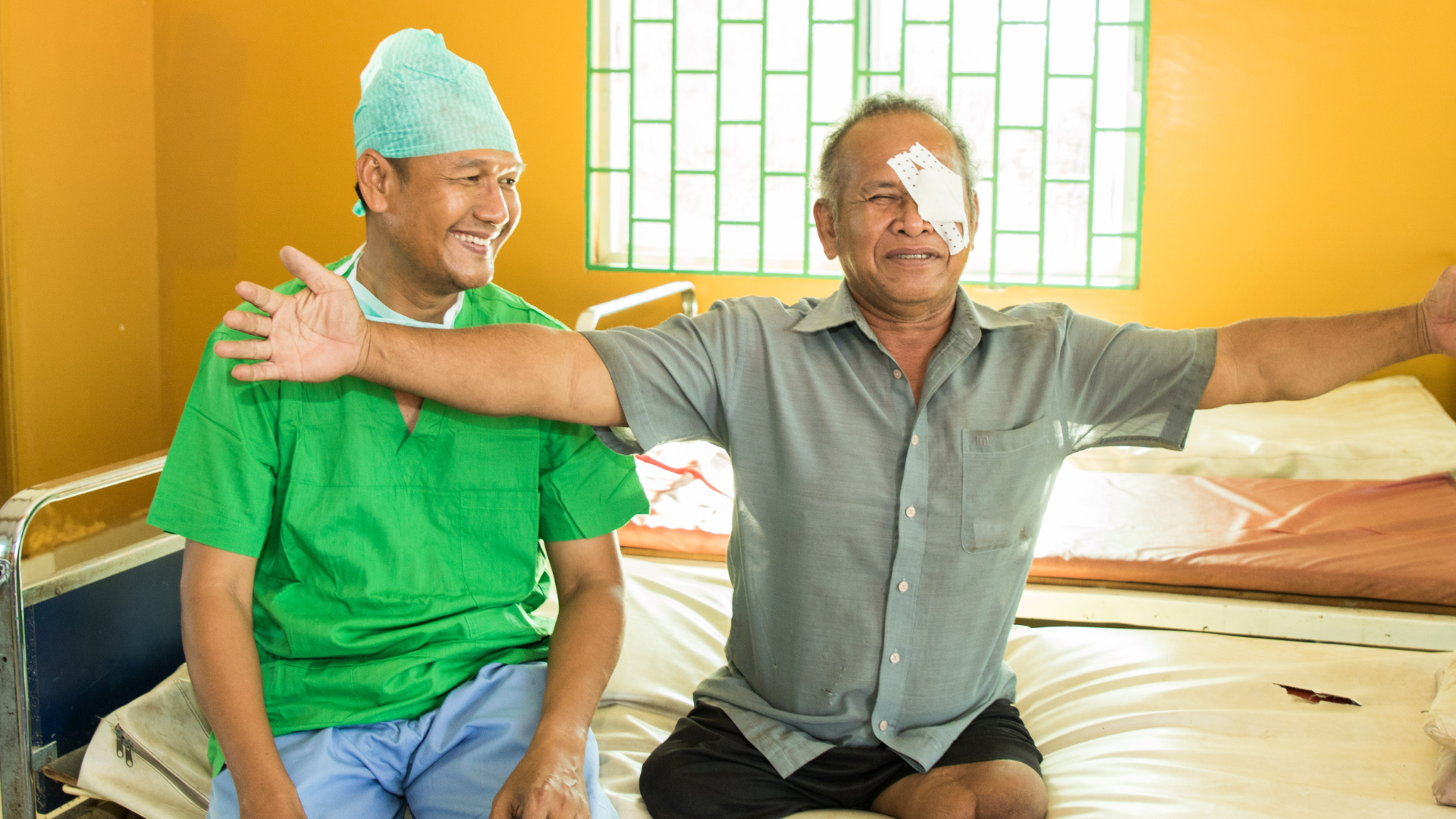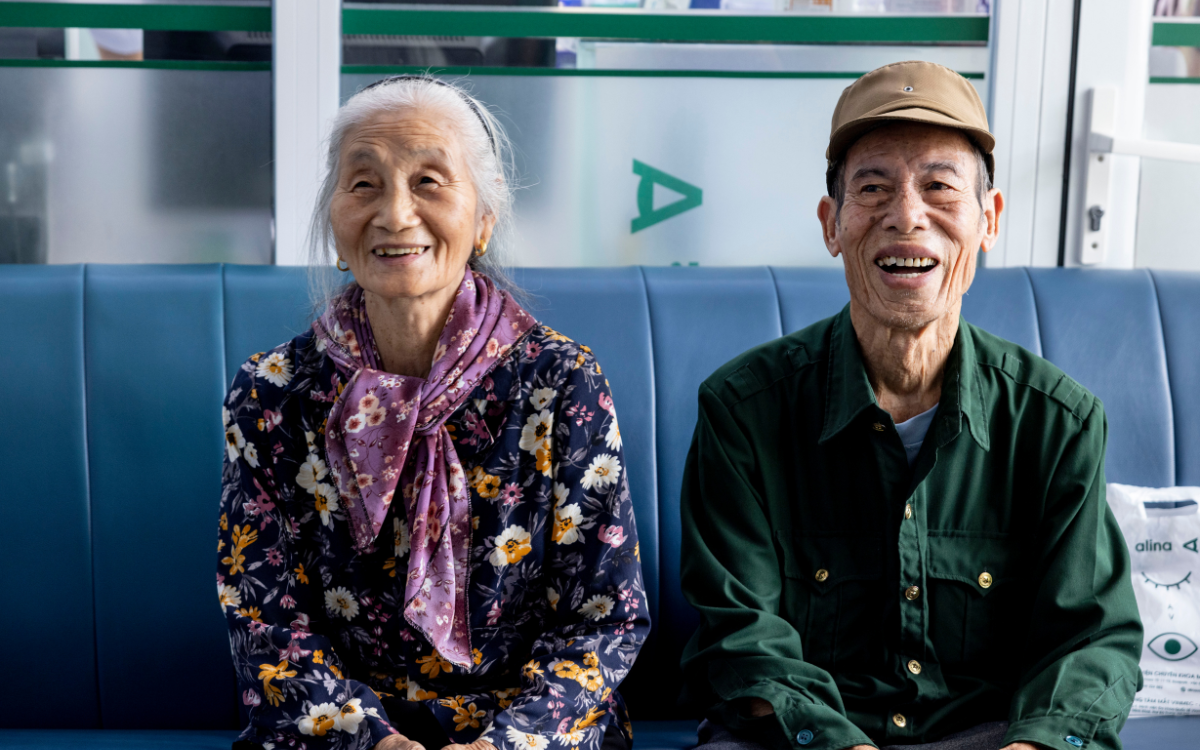Research, Evaluation and Innovation Impact 2018

Research, innovation and the effective use of evidence underpins all we do here at The Foundation.
Over the past 4 years, we have significantly expanded the scale and scope of our research, innovation and evaluation activities.
In 2018, The Foundation’s research, evaluation and innovation portfolio consisted of:
- 42 research and innovation projects, including 8 global projects, 12 East Asia region projects, 10 South Asia and Middle East region projects, 11 Africa region projects, and 1 Australasia region project; and
- 17 evaluations across 14 countries.
A total of 90 publications resulted from The Foundation’s research, innovation and evaluation activities 2018
- 30 peer-reviewed journal articles
- 33 development effectiveness tools - data profiles, evidence summaries, rough guides, discussion papers
- 16 project evaluation report
- 11 research and strategic evaluation reports
Our 2018 Research, Evaluation & Innovation Report provides a snapshot of the impact of The Foundation’s activities in these areas, in 2018.
Our investment in research, innovation and evaluations strengthen the evidence base, improve program performance, further global thinking on ending avoidable blindness and support our advocacy and policy efforts.

Why is research, evaluation and innovation important to us?
Vision problems and blindness impact the ability of individuals and their families to participate in education, employment and maintain their role as active members of their community. Restoring vision is about more than being able to see well, it’s about ensuring all people have the best possible chance to live healthy and happy lives.
The Fred Hollows Foundation is an international development organisation, committed to a world in which no person is needlessly blind or vision impaired.
Thanks to advances in medical treatment, health care and technology, 4 out of 5 people who are blind don’t need to be. The Foundation works with local partners and governments in more than 25 countries to deliver essential eye operations and treatments, train surgeons and health care workers, provide equipment and advocate for sustainable eye care services.
To ensure our programs deliver the best possible solutions, The Foundation maintains a portfolio of high quality, high impact research and innovation. These investments strengthen the evidence base, improve program performance, further global thinking on ending avoidable blindness and support our advocacy and policy efforts. Our research is complemented by rigorous program monitoring and evaluation, which build our organisational capacity and strengthen the performance of our programs ensuring we continue to deliver what works for individuals and communities in need.
Our commitment to innovation, and to improving and evaluating our work sets The Foundation apart. We believe in delivering the best possible solutions, backed by evidence. We remain willing to trial new approaches and are committed to continuous quality improvement and excellence. We believe that sharing our insights, facilitating knowledge exchange with our partners and scaling-up innovative solutions is key to driving large scale systemic change.
Research is important to us because:
- Research provides evidence to strengthen the case for investment in eliminating avoidable blindness and advocate for approaches to health system reform.
- Research provides evidence to inform program targeting, design, implementation, improvement and scale up.
- Research and innovation provide the opportunity to develop and test new interventions, strategies and tools.
- Research and innovation initiatives provide an opportunity to establish and foster strong and effective partnerships.
What areas do we undertake research and innovation activities on?
The Foundation undertakes and supports high quality, high impact research and innovation focused around five priority areas:
- Cataract surgical quality, productivity, and equity
- Trachoma – understanding transmission of the infection, and how to increase uptake of surgery, and hygiene and sanitation practices
- Diabetic Retinopathy (DR) – understanding the burden of DR, and the potential role of task shifting (and sharing), improved care coordination and integration, and innovative technology assisted DR care solutions
- Health systems strengthening – developing innovative models of eye health financing, and technology and models of care that strengthen eye care coordination, integration and access
- Community engagement – developing methods and tools to better understand and increase engagement of communities in eye health care.
The Fred Hollows Foundation seeks to undertake and support high impact research and innovation to accelerate elimination of avoidable blindness.
Related articles

Disability data in eye health

Report: Addressing the needs of older people with disabilities

